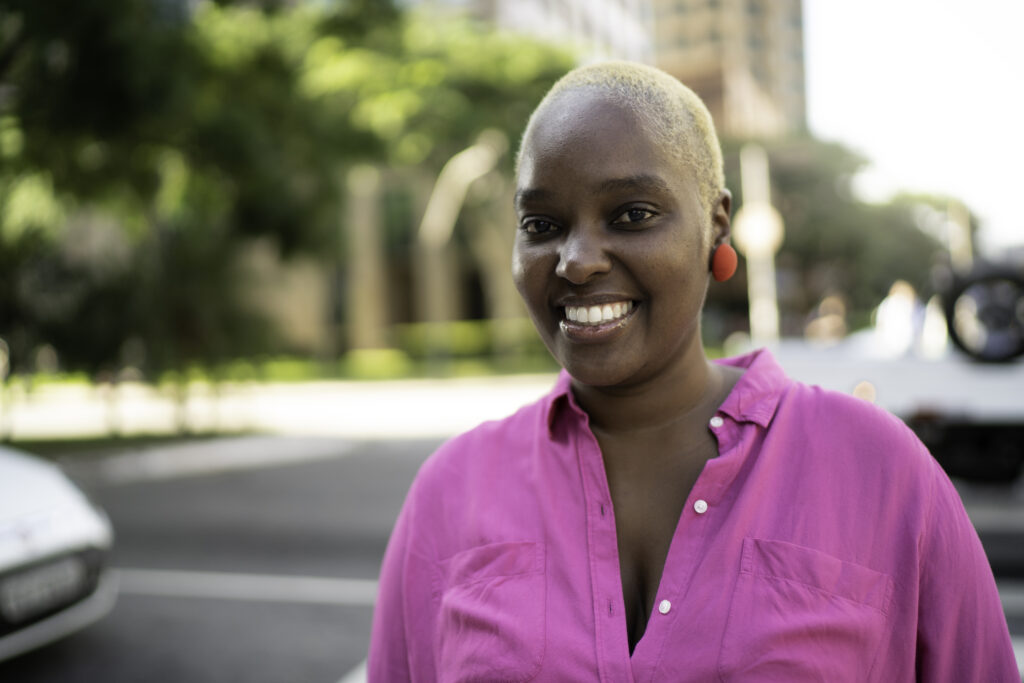
Breast cancer is a type of cancer that starts with the growth of cells within the breast tissue.
Several types of breast cancer exist, including:
- Ductal carcinoma in situ
- Invasive breast cancer
- Triple-negative breast cancer
- Inflammatory breast cancer
- Paget disease of the breast
- Angiosarcoma
- Phyllodes tumor
Breast cancers are split into two main categories: invasive and noninvasive. When breast cancer is invasive, it can be aggressive—meaning that it can grow and spread more quickly and have a poorer prognosis.
With this in mind, breast cancer clinical trials are crucial for better outcomes. These trials can advance overall breast cancer research while providing participants with new and potentially life-saving treatment options.
What are Clinical Trials?
Clinical trials are studies in which researchers administer various medical, surgical, or behavioral interventions to human participants.
Clinical trials for breast cancer progress from phase I through phase IV. Each phase involves gathering data to help create new treatment plans that may improve health outcomes for various breast cancer types.
Here’s what each phase of breast cancer clinical trials can entail:
- Phase I: Researchers focus on determining the cancer treatment’s safety and optimal dosage.
- Phase II: Researchers continue to evaluate the treatment’s effectiveness while monitoring its safety.
- Phase III: Researchers aim to provide data on the treatment, address side effects, confirm efficacy, and compare it to existing treatments for breast cancer.
- Phase IV: In the last phase, the research team collects further information on the treatment’s risks, benefits, and optimal use in the general population.
“Clinical trials are needed so that we can improve the treatment options that already exist and see if new options are safe and effective,” says Latonya Riddle-Jones, MD, MPH, the Associate Center Director for Diversity, Equity and Inclusion at the Barbara Ann Karmanos Cancer Institute. “They give us the opportunity to improve care, save lives, and potentially prevent the recurrence of cancer in the future.”
Benefits of Participating in a Clinical Trial
Joining breast cancer clinical trials offers several benefits, including access to new treatments, comprehensive medical care, and a contribution to scientific cancer research.
Clinical trials for new therapies provide the opportunity to try cutting-edge treatments that may not be available otherwise.
As a clinical trial participant, you’ll receive close supervision and care from a dedicated healthcare team. This often means you’ll get a higher level of medical attention compared to standard care. This team approach helps ensure your safety and can optimize treatment outcomes.
Moreover, you’ll play a crucial role in advancing medical knowledge and cancer research. Your involvement can lead to significant breakthroughs, potentially improving treatments and survival rates for future patients.

Types of Clinical Trials for Breast Cancer
There are several types of clinical trials for breast cancer, including targeted therapies, immunotherapies, and combinations of chemotherapy treatments.
Targeted therapies involve drugs that target proteins that control cancer cell growth, division, and spread. Examples of these therapies include HER2-targeted therapies and CDK4/6 inhibitor therapies.
The Dana-Farber Cancer Institute is currently looking at targeted therapy combinations for HER2-positive breast cancer, and the Memorial Sloan Kettering Cancer Center is conducting trials on CDK4/6 inhibitors combined with hormone therapy for advanced-stage breast cancer.
Immunotherapy uses the body’s immune system to fight breast cancer. Checkpoint-inhibiting drugs like pembrolizumab and atezolizumab are immunotherapies currently being studied for their effectiveness in treating triple-negative breast cancer.
The Mayo Clinic and Johns Hopkins University are exploring the effectiveness of various immunotherapy drugs in isolation and in combination with chemotherapy.
Chemotherapy trials seek new combinations to enhance treatments and reduce side effects. MD Anderson Cancer Center is implementing clinical trials with this goal in mind.
Finding a Clinical Trial
Consulting your oncologist is a good starting point for finding clinical trials for breast cancer. “If they do not know of a way to provide information on trials, ask them if they can refer you to someone who can,” Dr. Riddle-Jones says.
A quick online search can also help you locate clinical trials. Here are some resources you can use to find a clinical trial near you:
- ClinicalTrials.gov
- BreastCancerTrials.org
- National Cancer Institute
- Karmanos Cancer Institute
- BlackDoctor.org’s Clinical Trial Resource Center for Black Americans
Discuss your options with your healthcare provider to determine if participating in a clinical trial is suitable for you.
Considerations for Participation
There are two things you want to consider before joining a trial: eligibility criteria and potential risks.
Before enrolling you as a participant, every clinical trial considers eligibility criteria, such as age, type of breast cancer, overall medical history, current treatments, and more.
It is also important to note that these clinical trials can have potential risks.
“Some trials have minimal risk, and others may be higher in risk,” Dr. Riddle-Jones says. “A member of the team can review those risks with you. If you are not satisfied with the answers you receive, tell the team so that you have a full understanding of everything involved.”Understanding Breast Cancer Clinical Trials
If you don’t feel comfortable with the potential risks, you don’t have to participate.
Final Thoughts
Clinical trials drive medical advancements that improve symptom management and increase survival rates for people with breast cancer. However, cancer research heavily depends on those who volunteer to test new immunotherapies, targeted therapies, chemotherapies, and other treatment options.
Participating in a clinical trial is not only a significant step in your treatment journey but also a brave contribution to the larger effort of better outcomes for breast cancer.









